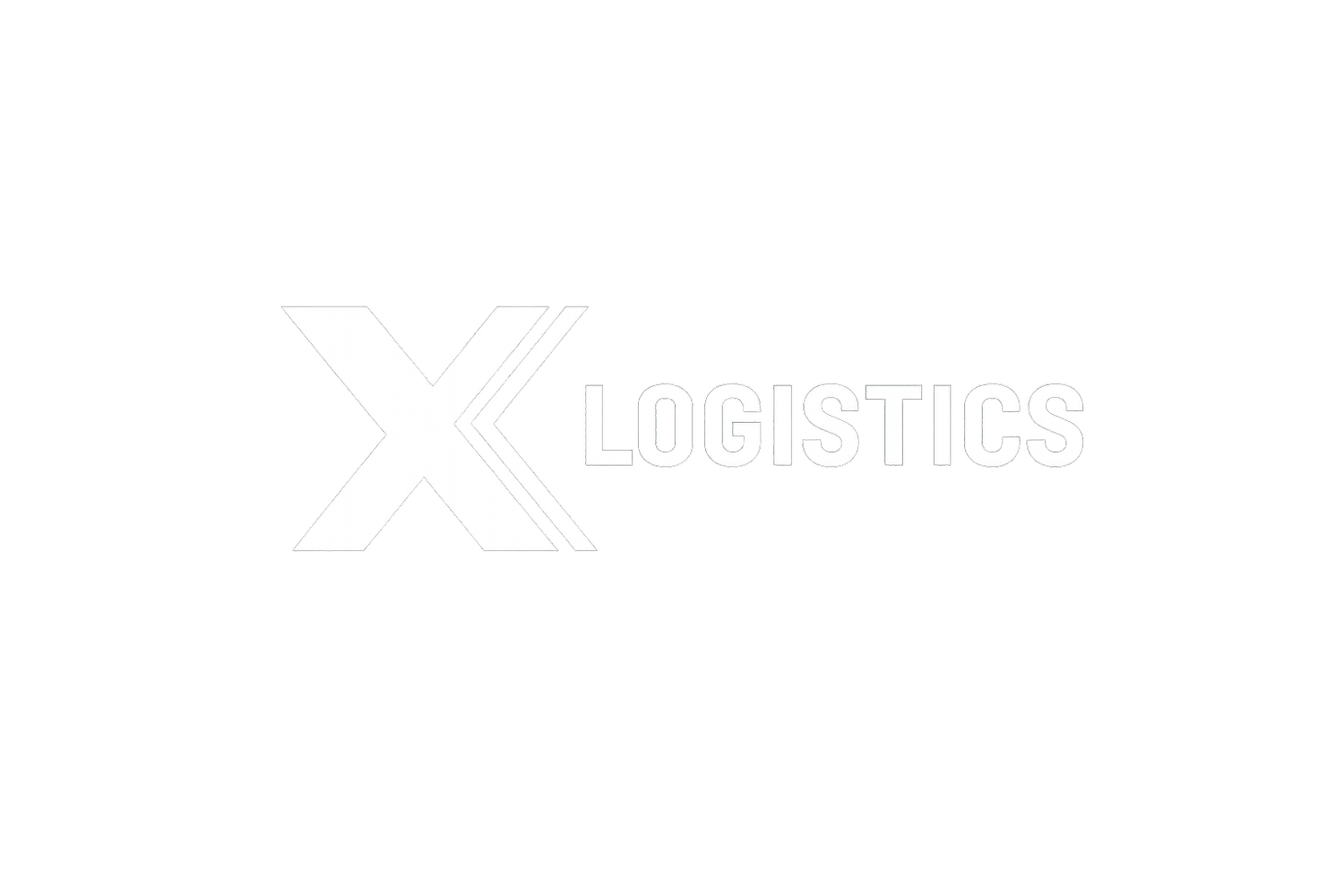LTL vs FTL Freight: Which Should You Choose?
Shipping costs are one of the biggest factors in a company’s bottom line. For many shippers, the first decision is whether to move freight as Less-Than-Truckload (LTL) or Full Truckload (FTL). Making the wrong choice can mean higher costs, delays, and unhappy customers. In this guide, we’ll break down the differences between LTL and FTL freight, the cost factors you need to know, and how to decide which is best for your business.
📦 What is LTL Freight?
LTL, or Less-Than-Truckload freight, is when your shipment shares trailer space with other companies’ freight. Instead of paying for an entire truck, you only pay for the space your pallets occupy.
Best for:
1–6 pallets
Freight under 10,000 lbs
Regional or nationwide shipping without time-critical deadlines
Advantages:
Lower cost than booking a full truck
Frequent pickup and delivery schedules
Flexible for small or mid-sized shipments
Disadvantages:
Slightly longer transit times (due to multiple stops and transfers)
Higher risk of damage if freight is handled multiple times
🚚 What is FTL Freight?
FTL, or Full Truckload freight, is when your shipment fills an entire trailer — even if you don’t use every inch of space.
Best for:
10,000+ lbs or 10+ pallets
Freight that needs direct, non-stop delivery
High-value or fragile shipments
Advantages:
Faster transit times (direct pickup to delivery)
Less handling → lower risk of damage
More cost-effective when volume is high
Disadvantages:
Higher upfront cost if you don’t have enough freight to fill a truck
Limited flexibility for small shipments
💲 LTL vs FTL: Cost Breakdown
LTL Pricing: based on weight, dimensions, freight class, and distance. Great for companies that don’t ship at full volume.
FTL Pricing: flat rate per truck/load, influenced by mileage, equipment type, and market demand. More efficient for larger, consistent shipments.
Quick Example:
4 pallets → Cheaper with LTL
20 pallets → Cheaper with FTL
10 pallets → Could go either way, depending on rates and urgency
⚖️ How to Decide Between LTL and FTL
Choose LTL if:
You’re shipping small, frequent loads
Cost savings outweigh speed
You don’t mind multiple stops
Choose FTL if:
You need fast, direct delivery
Your freight is high-value or sensitive
You’re shipping high volume consistently
🤝 Why Work With a Freight Broker
Deciding between LTL and FTL is only part of the equation. A strong freight broker like X Logistics LLC can:
Compare both options in real-time to find the lowest cost
Tap into 50,000+ vetted carriers nationwide
Manage communication, tracking, and problem-solving from pickup to delivery
Save you money while improving service
✅ Final Takeaway
The choice between LTL and FTL isn’t always obvious — it depends on freight size, urgency, and budget. By working with a broker who understands both options, you’ll ship smarter, save money, and get the reliable service your customers expect.
👉 Ready to ship smarter? Request a Quote Today.

